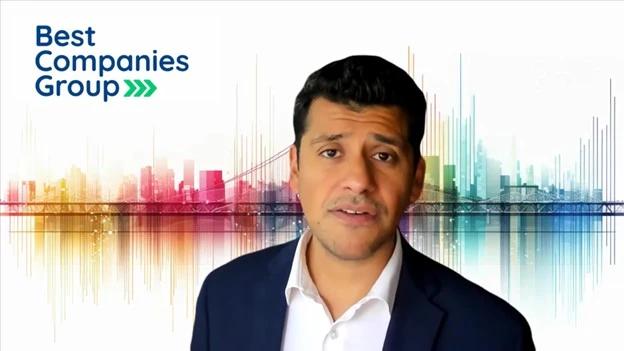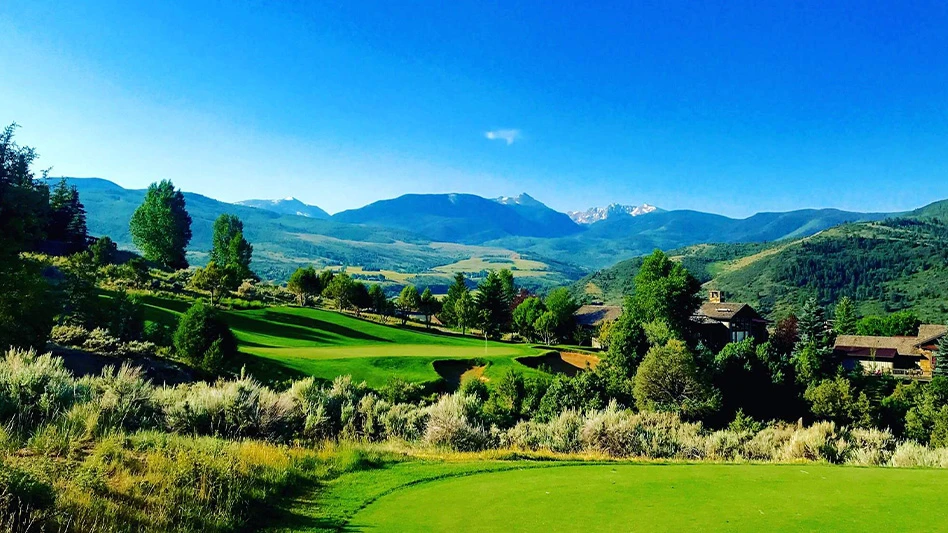
Major championship season is here and, as usual, those who care about such things are talking about how the “best” superintendents in the country are preparing their courses and enduring these trials by fire. For some reason, it is assumed that the superintendents who “host” these events are special and should be worshipped. Even more, it is assumed that every other course in America should do whatever it is these “experts” are doing to make their courses “perfect.”
No, no, and no. I’ve been around majors, tour events, international matches and just about every kind of significant tournament you can imagine. I agree that in many cases the superintendents responsible for these courses are special. But no more than many of you, even if the highlight of your year is the club championship. You’re both working hard to make your course the best it can be for an important event, you’re both putting in extra time and energy, you’re both thinking about how the course will stand up and how the players will react to it.
There are lots of reasons being chosen to host will not be the plum assignment you expect. For example:
- Once chosen, preparation can last for five or 10 years. Sites for U.S. Opens and PGA Championships have been announced well into the future. Trust me, howeever, those superintendents are already thinking about it.
- Host courses may choose — or be required — to close for member/regular golfer play for several weeks both before and after the event. That makes lots of people unhappy.
- The cleanup and damage repair will require additional money and time, further annoying the everyday golfer (to say nothing of the committees, owners and others to whom you report who just don’t get it).
- Expect to give up plenty of personal and “off course” time. Sleep, too.
Unfortunately, just because your course doesn’t host a big event doesn’t mean you’re in the clear. The culprit is television. Members or owners see a course on television, or talked about on social media, and want to know why their course can’t look like that. This phenomenon has cost many a good superintendent their job, all that without the members/owners having any idea what it takes — and, more important, what it costs — financially, agronomically and personally to attain that level of maintenance. It isn’t only the old super, the one who got canned because they couldn’t provide Masters conditions on a municipal budget, who gets hurt. The next person comes in with a target on their back.
I’ve spoken to quite a few superintendents who’ve hosted national championships or other major events and some said they’d rather not do it again. From the Masters to the U.S. Open, state and regional golf association events, down to club championships, preparation of the playing surfaces is similar — it’s the process, scope and scale that differs. And, in each case, the pressure.
Ironically, it’s sometimes easier to host the big events because they get the most resources: volunteer labor, extra budget, equipment loans and other outside technical support. Those courses close for weeks to get the demanded results. But the stakes are much higher and the scrutiny that much closer.
Even at the highest level, it’s grinding, stressful work. Consider Brad Owen, “The Man” at Augusta National Golf Club. He had to prepare for two Masters Tournaments within six months in two different seasons. And while he may have made it look easy, rest assured, there were challenges, disagreements with staff and membership, along with disaster and opportunities around every (Amen) corner.
Brad is excellent at what he does. Doing maintenance for “a tradition unlike any other” isn’t easy, no matter how good you are. Would you want to do it year after year after year?
Frankly, I think the pressure to perform is just as high at a non-tournament site where there’s a similar need for customer satisfaction and the budget is down to earth. All of you who do this year after year at private and public clubs, busting your butts to show your golfers a good time and make them feel important, deserve the lion’s share of praise and attention. If you’re a young superintendent just starting out, these are the heroes to model your career after.

Explore the May 2021 Issue
Check out more from this issue and find your next story to read.
Latest from Golf Course Industry
- Editor’s notebook: Green Start Academy 2024
- USGA focuses on inclusion, sustainability in 2024
- Greens with Envy 65: Carolina on our mind
- Five Iron Golf expands into Minnesota
- Global sports group 54 invests in Turfgrass
- Hawaii's Mauna Kea Golf Course announces reopening
- Georgia GCSA honors superintendent of the year
- Reel Turf Techs: Alex Tessman





